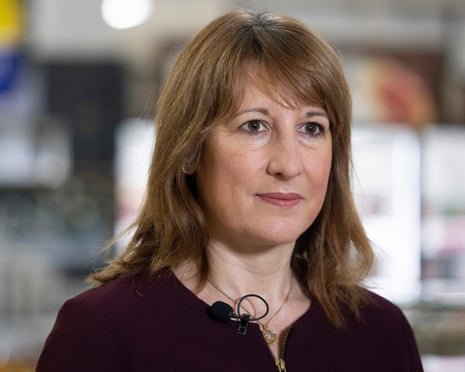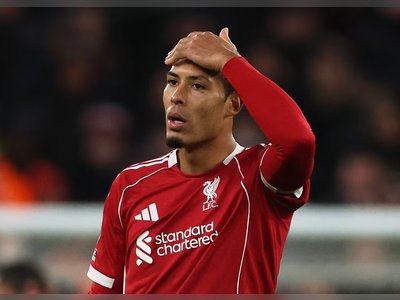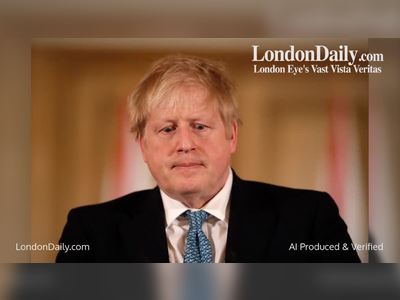
Reeves pledges to ‘grip the cost of living’ ahead of autumn Budget
Chancellor sets out plans to scrap two-child cap, freeze rail fares and raise taxes to plug a £20 billion hole
Chancellor Rachel Reeves has committed to taking decisive action on the cost of living in the upcoming autumn Budget, pledging to “grip the cost of living” for ordinary families while addressing a budget shortfall of around £20 billion.
She announced intentions to scrap the two-child welfare limit, freeze rail fares, and introduce a multibillion-pound tax raising package that would restore financial stability.
In recent articles published in the Mirror and the Sunday Times, Ms Reeves acknowledged that high prices “hit ordinary families most” and warned that the economy “feels stuck” for many citizens.
To respond she said: “That’s why in my Budget on Wednesday I will take action to grip the cost of living.”
Some of the tax measures likely to feature include: freezing income tax thresholds for an additional two years to 2030, which would move more taxpayers into higher tax bands as wages rise; limiting the generosity of salary sacrifice schemes such as pension contributions; applying a surcharge on the most expensive properties; and introducing a pay-per-mile tax for electric vehicles as petrol duty revenues decline.
Despite previously stating that further tax rises would not be necessary after last year’s employer national insurance increase, Ms Reeves has backed away from raising income tax, which appeared under consideration for weeks.
Labour leader Keir Starmer, attending the G20 summit in South Africa, declined to guarantee that future Budgets would not include tax rises, stating that “growth” and “stability” are the government’s two pillars.
Ms Reeves is already facing criticism from multiple fronts.
The Green Party’s leader Zack Polanski called for a broad wealth tax and greater reforms to lift the burden on working households, arguing that “tough choices” have so far centred on the low-paid.
Unite general secretary Sharon Graham also urged the Chancellor to borrow for investment rather than raise taxes on working families.
On the other hand, Conservative leader Kemi Badenoch described the proposed freeze on income tax thresholds as a stealth tax and accused the government of breaking its manifesto promise.
Former Chancellor Jeremy Hunt pointed to signs of wealthy individuals leaving the UK owing to taxation and cited billionaire Lakshmi Mittal as one example.
With the Budget scheduled for Wednesday, the government faces balancing the urgent need to support households under pressure while maintaining fiscal credibility and preparing for future growth challenges.
She announced intentions to scrap the two-child welfare limit, freeze rail fares, and introduce a multibillion-pound tax raising package that would restore financial stability.
In recent articles published in the Mirror and the Sunday Times, Ms Reeves acknowledged that high prices “hit ordinary families most” and warned that the economy “feels stuck” for many citizens.
To respond she said: “That’s why in my Budget on Wednesday I will take action to grip the cost of living.”
Some of the tax measures likely to feature include: freezing income tax thresholds for an additional two years to 2030, which would move more taxpayers into higher tax bands as wages rise; limiting the generosity of salary sacrifice schemes such as pension contributions; applying a surcharge on the most expensive properties; and introducing a pay-per-mile tax for electric vehicles as petrol duty revenues decline.
Despite previously stating that further tax rises would not be necessary after last year’s employer national insurance increase, Ms Reeves has backed away from raising income tax, which appeared under consideration for weeks.
Labour leader Keir Starmer, attending the G20 summit in South Africa, declined to guarantee that future Budgets would not include tax rises, stating that “growth” and “stability” are the government’s two pillars.
Ms Reeves is already facing criticism from multiple fronts.
The Green Party’s leader Zack Polanski called for a broad wealth tax and greater reforms to lift the burden on working households, arguing that “tough choices” have so far centred on the low-paid.
Unite general secretary Sharon Graham also urged the Chancellor to borrow for investment rather than raise taxes on working families.
On the other hand, Conservative leader Kemi Badenoch described the proposed freeze on income tax thresholds as a stealth tax and accused the government of breaking its manifesto promise.
Former Chancellor Jeremy Hunt pointed to signs of wealthy individuals leaving the UK owing to taxation and cited billionaire Lakshmi Mittal as one example.
With the Budget scheduled for Wednesday, the government faces balancing the urgent need to support households under pressure while maintaining fiscal credibility and preparing for future growth challenges.










